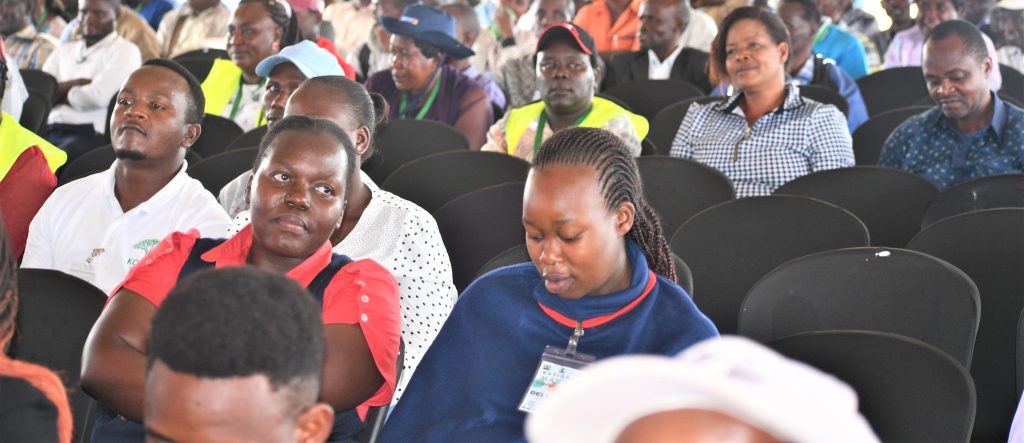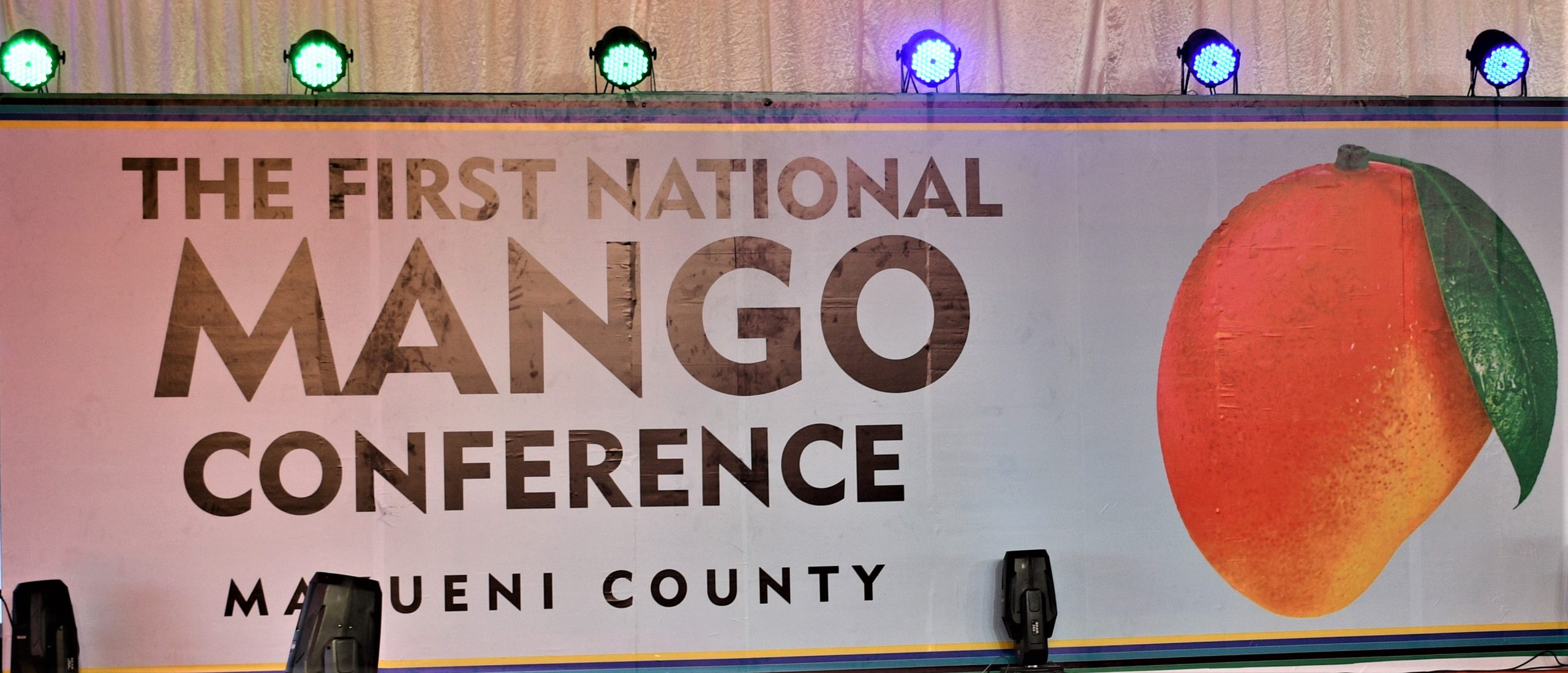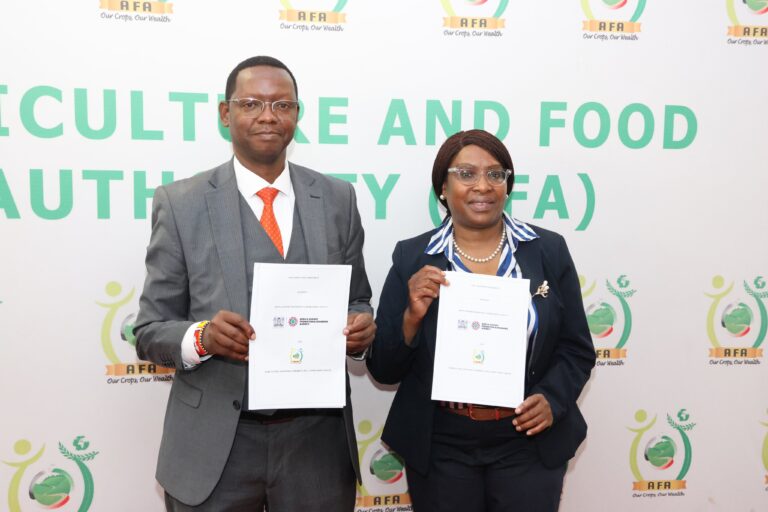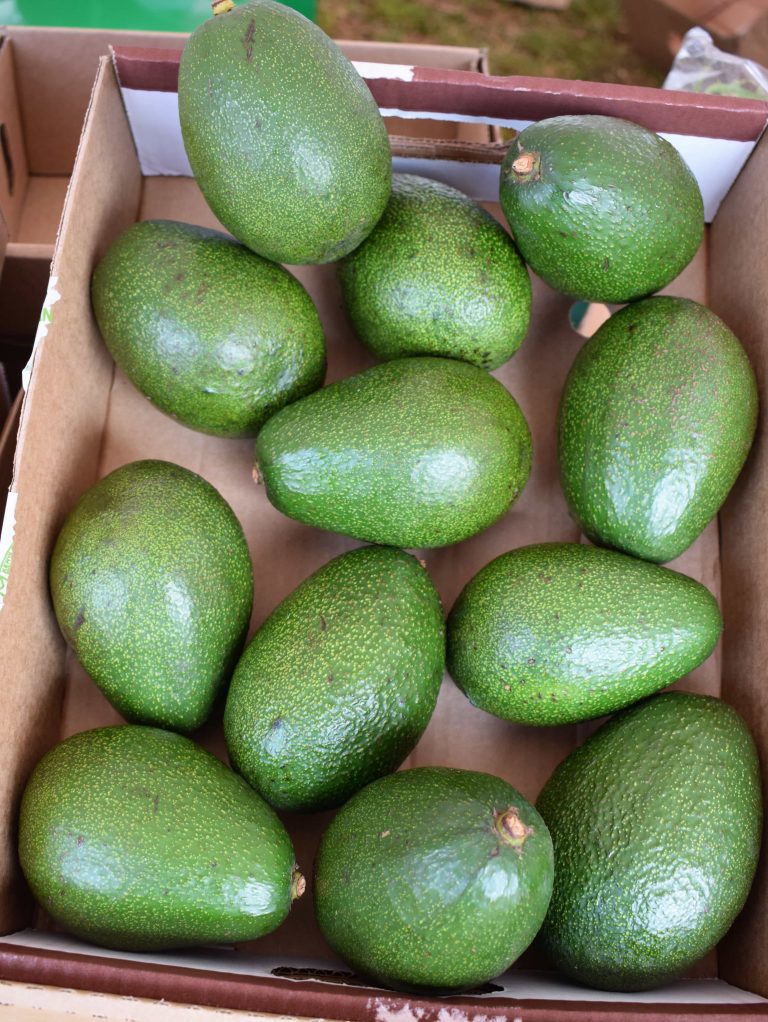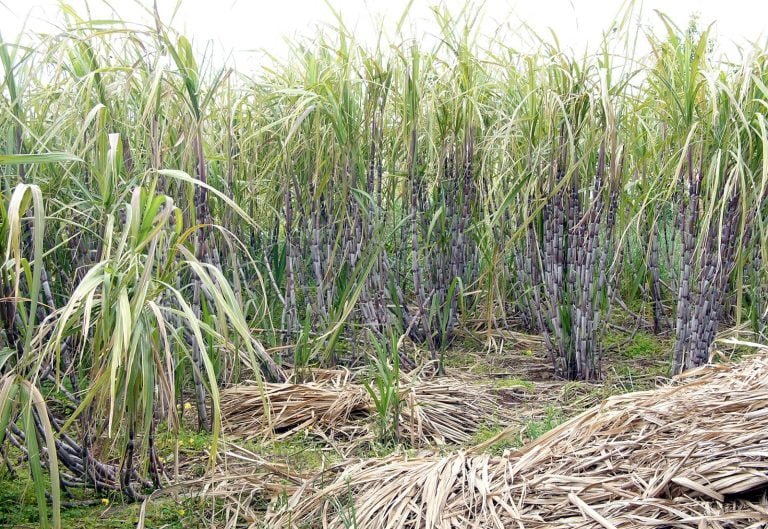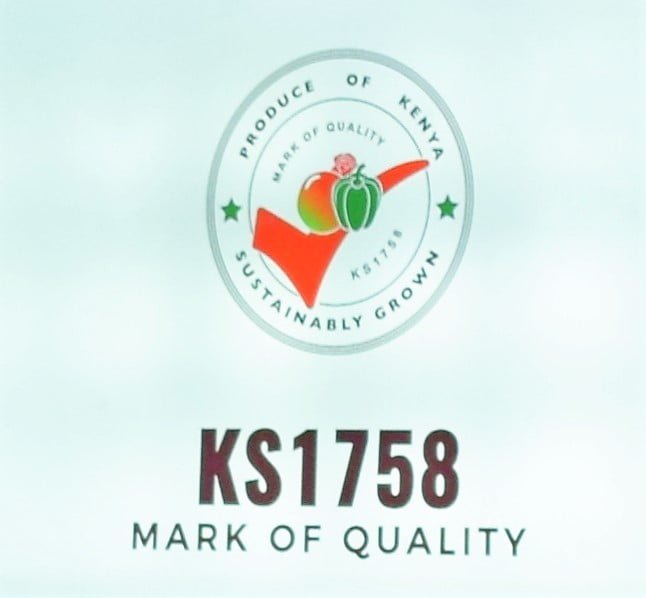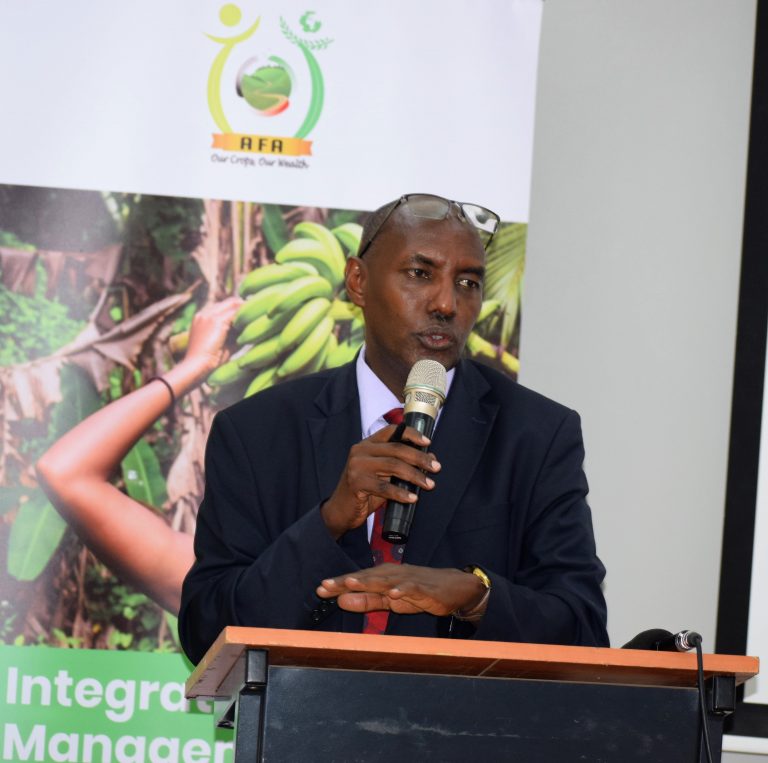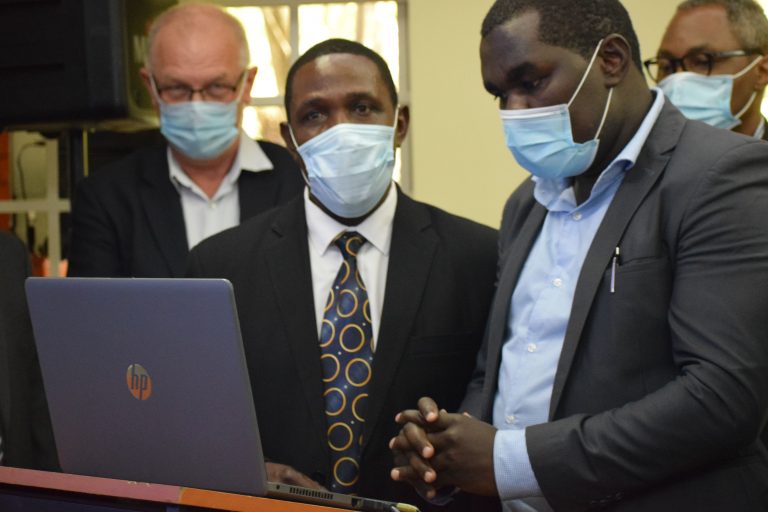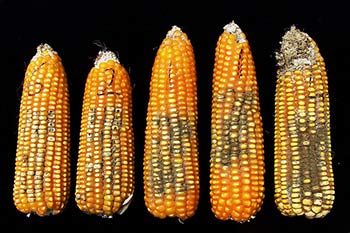By Kimuri Mwangi
The first National Mango Conference and Exhibition was held in Makueni County from 16th to 18th May 2023, drawn from 21 leading mango counties including Makueni, Lamu, Machakos, Muranga, Migori, Embu, Meru, Kwale, Lamu, Tana River, Kilifi, Taita Taveta, Elgeyo Marakwet, Kitui, Siaya, Bungoma, Nairobi, West Pokot, Kiambu, Uasin Gishu and Mombasa. It was organized by the County Government of Makueni and the Horticultural Crops Directorate of the Agriculture and Food Authority.
The 1250 attendants, comprised of farmers, government officials, researchers, policymakers, exporters, and technology service providers, who came together to discuss and address the challenges facing the Kenyan mango industry. With the theme “Winning Markets for Kenyan Mango by Building Resilience & Competitive Value Chain,” the conference aimed to explore strategies and solutions to enhance market access for Kenyan mangoes and strengthen the entire value chain.
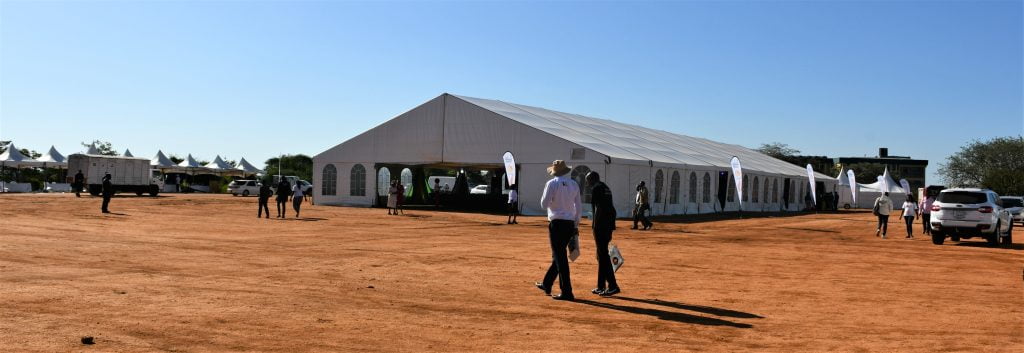
After the first two days of engaging in discussions, workshops and knowledge-sharing sessions, the mango value chain was recognized as a vital contributor to the economy and the livelihoods of farming communities.
Various challenges hindering the growth of the Kenyan mango industry were identified including inadequate clean planting materials, high input costs, limited technical knowledge, frequent pests and diseases, unreliable traders, cartels controlling domestic markets, lack of proper business documents for farmer groups, weak cooperative movement, limited global gap certification, and long distances to prime markets.
However, the issue of markets for Kenyan mangoes and brokers along the value chain featured prominently in the discussions.
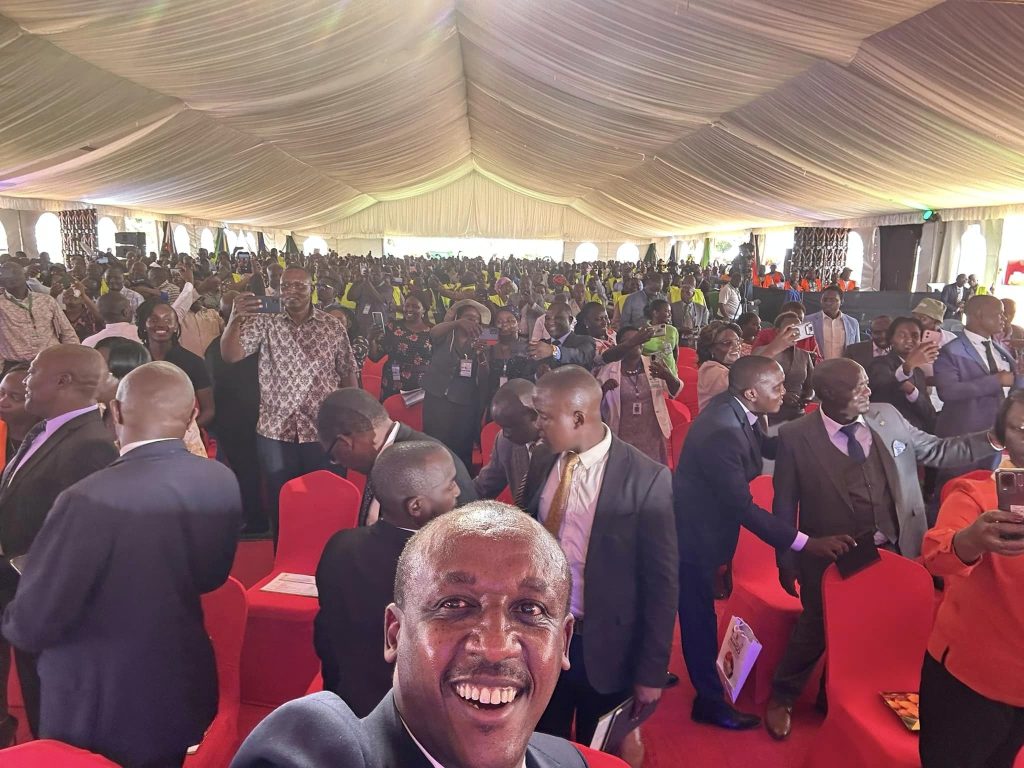
The key areas for action were identified and the following resolutions were presented at the end of the conference:
Strengthening the Production Base:
- Promote the availability and accessibility of high-quality clean planting materials to farmers targeting late-maturing varieties which are also preferred in export markets
- Facilitate the provision of affordable and sustainable inputs, including fertilizers, pesticides, and irrigation systems.
- Enhance training and capacity-building programs to improve technical knowledge and best practices among farmers.
- Establish aggregation centres to help streamline linkage to markets
Developing Processing Capacity:
- Encourage investment in mango processing facilities and technologies to produce export-quality food products, including puree, juice, dried mango, jam and other products
- Facilitate collaboration between farmers and processors to ensure a consistent supply of raw materials.
- Promote value addition and diversification in the mango processing sector to meet the growing demand for mango-based products.
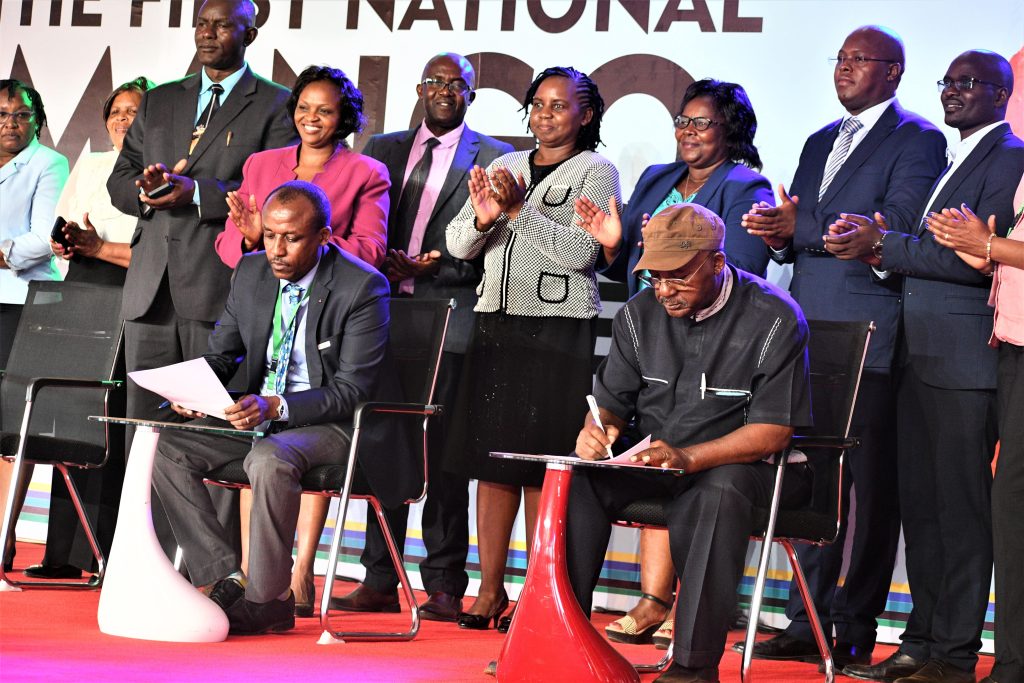
Expanding Local and Export Markets:
- Strengthen market linkages between farmers, traders, processors, and exporters to ensure fair and transparent market access by establishing contracts
- Advocate for the development of reliable and consistent export markets, exploring opportunities for partnerships and market diversification.
- Support the branding and marketing of Kenyan mangoes both domestically and internationally to enhance their competitiveness.
Financing the Mango Value Chain:
- Collaborate with financial institutions to develop tailored financial products and services that cater to the specific needs of the mango value chain actors.
- Promote access to affordable credit, insurance, and investment opportunities for smallholder farmers, processors, and exporters.
- Encourage public-private partnerships to attract investment and foster innovation in the mango industry.
- Establish a fund to support the mango value chain in Kenya
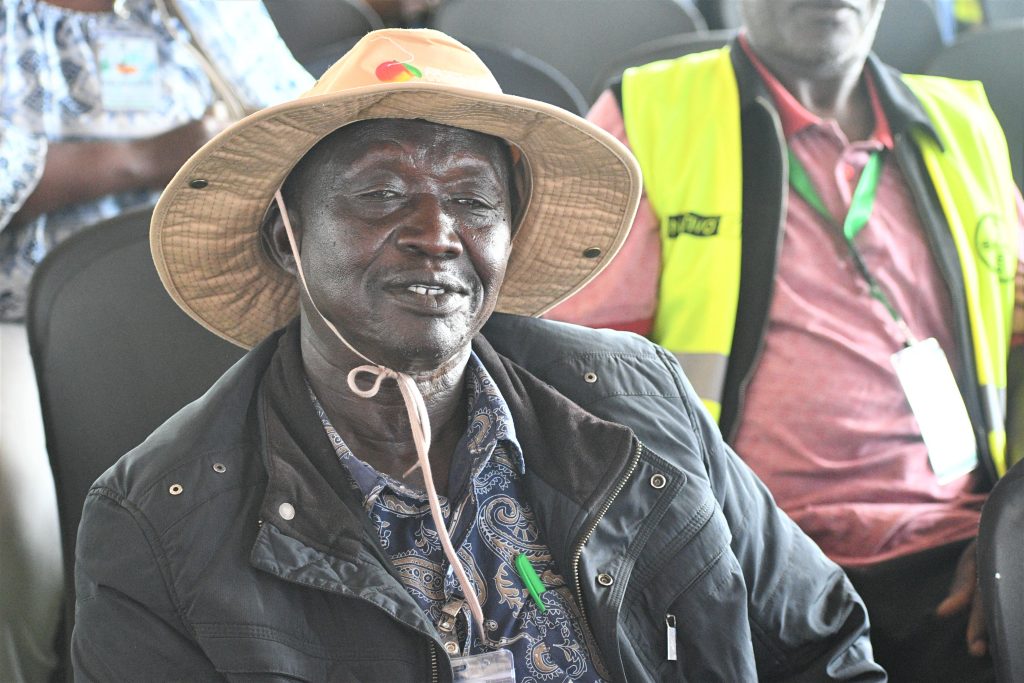
Strengthening Research and Innovation:
- Allocate resources and support research institutions to conduct studies on mango production, post-harvest handling, disease management, and market trends.
- Foster collaboration between researchers, farmers, and industry stakeholders to translate research findings into practical solutions and technologies.
- Promote the adoption of innovative and sustainable practices, including organic farming, integrated pest management, and climate-smart agriculture.
Creating an Enabling Policy and Regulatory Framework:
a) Advocate for the development of legislations, policies and regulations that support the growth of the mango industry, including streamlined export procedures, quality standards, and certifications
b) Strengthen institutional coordination and cooperation between relevant government agencies, county governments, and industry associations to ensure effective implementation and enforcement of regulations.
c) Encourage public participation and stakeholder engagement in policy formulation processes to ensure inclusivity and representation of the entire value chain.
